Monk fruit is an ancient and unique plant indigenous to China. It was cultivated on an industrial scale in those areas where it used to be a significant part of medicine and helped treat different diseases. These days, monk fruit can be bought in various countries. Fresh monk fruit is similar to dark brown balls of significant size and has a hard shell. Inside, it is filled with hard seeds. The monk fruit is becoming more and more popular, as it possesses the properties of sweetening.
For the same reason, the plant is used as a replacement for sugar. Therefore, more often, one can find monk fruit products in the form of monk fruit powder, although different monk fruit products are found on the market, too. One can consider monk fruit to be a healthy dietary ingredient. It is important to mention that monk fruit extract allows for sugar substitution, significantly reducing the content of valuable health components. Many people regard monk fruit as a natural sweetener that is even better than sugar for their meals. Is this so? Let us check the properties of the monk fruit.

There exist very many names for Asian monk fruit. This fruit, characterized by its small size, occurred from the crossbreeding of two wild kinds of fruit, hailing from China and Indonesia, and is still referred to as Luo Han Guo![]() in the local areas. The monk fruit is a perennial herb from the cucurbit family and is rich in many bioactive compounds that are most likely beneficial to our health. Traditionally, the fruit was used as a natural sweetener. Recently, several pharmacological studies have been able to prove many advantages of monk fruit and products derived from it.
in the local areas. The monk fruit is a perennial herb from the cucurbit family and is rich in many bioactive compounds that are most likely beneficial to our health. Traditionally, the fruit was used as a natural sweetener. Recently, several pharmacological studies have been able to prove many advantages of monk fruit and products derived from it.
One of the important benefits of monk fruit is related to inflammation. Monk fruit's chemical compounds reduce the inflammatory effect. This might be important from the pharmacological perspective, as monk fruit could provide an effective means of developing some treatment for asthma![]() and other respiratory diseases.
and other respiratory diseases.
Monk fruit has been used as a natural cough medicine in traditional Chinese medicine for centuries. Its components may protect the body from the common cold and sore throat. According to some studies, the fruit's health components may also protect the body from other inflammation-related illnesses. Thus, it could be beneficial to include monk fruit in intake habits as a sweetener.
Monk fruit is also attributed to antioxidant activity. It contains special phytochemicals that reduce the risk of developing many diseases by trapping free radicals generated in the body. The activity of monk fruit in its antioxidant properties was comparable with ascorbic acids![]() . Specifically, crude extract of monk fruit has very high antioxidant properties that help the body resist oxidative stress.
. Specifically, crude extract of monk fruit has very high antioxidant properties that help the body resist oxidative stress.
Monk fruit and its constituents can also inhibit the growth of microorganisms, which may be one of this plant's most spectacular effects. As for bacteria, extracts from the discussed fruit impact E. coli![]() and several other types of bacteria. The fruit's chemical compounds also protect against several species of oral bacteria and yeast, represented by Candida albicans
and several other types of bacteria. The fruit's chemical compounds also protect against several species of oral bacteria and yeast, represented by Candida albicans![]() . Therefore, using products with monk fruit can be favorable and defend the tuber against infections of different origins.
. Therefore, using products with monk fruit can be favorable and defend the tuber against infections of different origins.

Many people consume monk fruit as a natural sweetener, which is a much healthier option than sugar due to the fruit's anti-diabetic effects. Many investigations dedicated to the topic were conducted, and it was revealed that the components of monk fruit can significantly inhibit the elevation of blood glucose levels among diabetic patients.
On that account, the extract is linked to diabetic people because it also has an antioxidant activity. Besides, it lowers oxidative stress and hyperglycemia levels. People should, therefore, consider consuming monk fruit, which seems to be a safer option for sugar. Low glycaemic index natural sweeteners are used across a wide range of products.
Another advantage of monk fruit is that it can prevent cholesterol accumulation. When people consume this fruit, their arteries and blood vessels do not contain any cholesterol. Given that heart attacks and strokes are both caused by an accumulation of cholesterol, herbs must be able to help humankind avoid such dangerous diseases should they choose to do so. If you are in the high-risk category, you should do all possible to avoid these illnesses. Finally, if you have an abnormal lipid profile, it would also be wise to go on a diet that includes monk fruits.
Patients who suffer from excessive weight and obesity can benefit from replacing sugar with different healthy sweeteners. Monk fruit is an example of a good sugar substitute relevant for this group of people, as studies have mentioned M. fruit's effect on inhibiting weight gain. In general, monk fruit sweetener contains no calorie content, thus no excess.
Such a sweetener can help you lose weight, but it is important to remember that the issue of being overweight is impossible to address by replacing one food. However, healthy sweeteners make it easier for obese individuals to not only change their eating patterns but also to stick to a balanced, varied diet.

Carcinogenesis is a multistep process; nonetheless, modern lifestyle and dietary patterns have been pointed out to trigger it. Therefore, nutritionists must necessarily be concerned with promoting healthy eating habits. Monk fruit is an example of a product proven to have anticancer properties. Such a characteristic is critical for protecting people against the adverse effects of severe diseases.
Several studies indicate that monk fruit and its elements suppress cancer progression. Extract from this fruit has acted upon papilloma![]() and pancreatic cancer
and pancreatic cancer![]() , among others. At the same time, the antioxidant mechanism and anti-inflammatory properties of monk fruit may also indirectly support the anticancer properties of monk fruit.
, among others. At the same time, the antioxidant mechanism and anti-inflammatory properties of monk fruit may also indirectly support the anticancer properties of monk fruit.
Monk fruit extract administration might influence the feeling of fatigue. Fatigue is a frequent symptom of work of many etiologies. Physical fatigue can be observed due to increased physical activity, but it frequently occurs during the apprenticeship of numerous diseases. The feeling of physical fatigue might contribute to a person's mental fatigue, which makes it harder for a patient. Fatigue, asthenia, adynamia, and lack of motivation are common symptoms that are often found in patients with cancer and simply present after increased physical activity.
A proper diet can diminish general fatigue and improve a person's quality of life. Monk fruit had this effect, as the general feeling of fatigue diminished. The leading cause was the decrease in physical fatigue after the training.
Monk fruit has a particular nutritional composition. Raw fruit will have a different nutritional value from processed products such as dried fruit or powdered sweetener. However, in functional foods, using a natural sweetener has many advantages. For example, for some, using a sweetener made from monk fruit is preferable due to the 0 kcal![]() . Consequently, it provides the required sweetness and, over time, does not increase weight.
. Consequently, it provides the required sweetness and, over time, does not increase weight.
The specific feature of monk fruit extracts is their sensory profile, which differs from other intense sweeteners. The first is its relative attenuation of bitterness but leaves a lingering sweet taste in the mouth, described by some as unpleasant. As such, scientists have gone further to develop highly sweetened monk fruit extracts to enjoy the taste that is pleasant to most. Therefore, monk fruit serves a diverse field in the food industry, cosmetics, and pharmaceuticals. Monk fruit is a useful nutritional compound found in many industries.

Carbohydrates are compounds that function in many ways in the human body. They provide the cells of the body with energy by burning glucose. Fresh monk fruit provides us with a serving of carbohydrates. The fruit can contain polysaccharides and several sugars, such as glucose![]() and fructose
and fructose![]() . However, sugar-free monk fruit sweetener provides no sugars or carbohydrates.
. However, sugar-free monk fruit sweetener provides no sugars or carbohydrates.
Apart from the benefits of low protein content, raw monk fruit can also provide protein to the body. One reason to eat protein as part of a diet is that while the body uses up tissue, it needs to build and rebuild it. Monk fruit provides many essential amino acids![]() , another advantage of this product.
, another advantage of this product.
In its uncooked form, monk fruit also has trace amounts of fat. There are also few fatty acids in them, but their seeds are high in fat content. Monk fruit can get onto your menu if you are on a low-fat diet. This diet type is designed to reduce the risk of overweight and cardiovascular disease. As such, a diet without fat is the choice for people willing to lose weight or patients experiencing cardiovascular difficulties.
At the same time, is the fat-free diet healthy for one's health? In reality, fats represent one of the main nutrients the human body requires for proper operation and tissue foundation. For this reason, one may follow a fat-free diet only under the supervision of a medical specialist who suggests doing so.
Like any other fruit, monk fruit also contains many valuable ingredients. Vitamin C and B vitamins – thiamine and riboflavin play vital functions in our health and well-being. Moreover, monk fruit is a great treasure trove of minerals. Potassium, calcium, and magnesium are the minerals we require in large amounts. Besides, the fruit is a sauce of numerous other minerals, even in lower amounts. Hence, including this kind of fruit in your diet is highly recommended to provide your organism with all necessary micro and macronutrients.
Monk fruit is a fresh subacid variety, very low in calories, and a good source of nutrients. There are bioactive compounds in addition to nutritional composition. The primary class of bioactive compounds present in monk fruit are glycosides![]() . Other phytochemical constituents in monk fruit include sterols and flavonoids such as vanillic acid. If we remove the parts that are not related to the food, like the fruit's skin, it is the only product that can be used as a source of antioxidants
. Other phytochemical constituents in monk fruit include sterols and flavonoids such as vanillic acid. If we remove the parts that are not related to the food, like the fruit's skin, it is the only product that can be used as a source of antioxidants![]() . However, during the processing procedures to produce the sweetener, the fruit's content with its precious health-related ingredients substantially drops.
. However, during the processing procedures to produce the sweetener, the fruit's content with its precious health-related ingredients substantially drops.
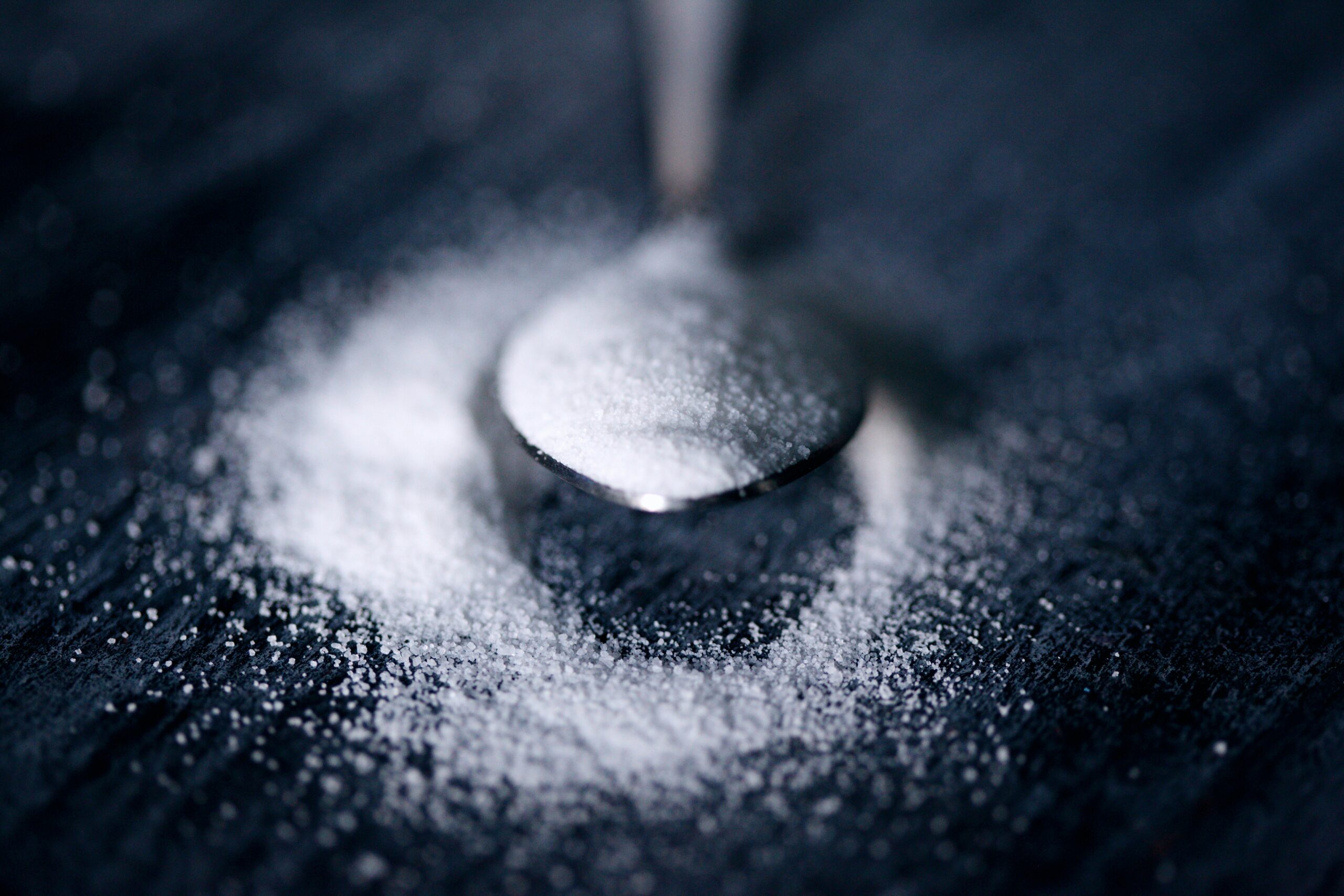
Various food safety organizations have confirmed that monk fruit is safe to eat![]() . Experts have also confirmed that the sweetener extracted from monk fruit is safe for children and expecting mothers. In addition, since the sweetener has essential health properties, it can also be used for diabetic patients. Based on this information, it can be concluded that monk fruit is not toxic and can be used as a food additive without any fear. There are no documented restrictions or known toxic or side effects of Monk fruit. From this conclusion, it can be concluded that monk fruit has a lot of potential in the superfood sector.
. Experts have also confirmed that the sweetener extracted from monk fruit is safe for children and expecting mothers. In addition, since the sweetener has essential health properties, it can also be used for diabetic patients. Based on this information, it can be concluded that monk fruit is not toxic and can be used as a food additive without any fear. There are no documented restrictions or known toxic or side effects of Monk fruit. From this conclusion, it can be concluded that monk fruit has a lot of potential in the superfood sector.
Although Monk's fruit is the best substitute for high-calorie and non-healthy products, the high costs and difficulty of cultivation can be viewed as negative production features.
Monk Fruit is a rare plant with ancient origins in China. In areas where monks' fruit had medicinal value and could be used to treat different diseases, people began to grow it on an industrial scale. However, it is possible to buy monk fruit in various countries today. The product has become very popular due to its sweetening properties. It is worth noting that the plant and its products are also used as sugar substitutes because of this quality.
The fruit contains various bioactive compounds, which are most likely to be beneficial for our health. Lately, due to several pharmacological studies, experts proved many benefits of the plant and its products. They have also discovered that the sweetener, a product extracted from monk fruit, is safe for the consumption of children and expecting mothers.
Moreover, since they have some essential properties for our health, they can also be consumed by diabetic patients. Therefore, based on the information provided above, it is possible to say that monk fruit is not toxic, and people should not be afraid of getting poisoned after consuming it. It is an invaluable food additive that can replace high-calorie and unhealthy products. However, it should be noted that the disadvantage of the product is that it is quite hard to grow, and the prices for its import are quite high.
Table of Contents
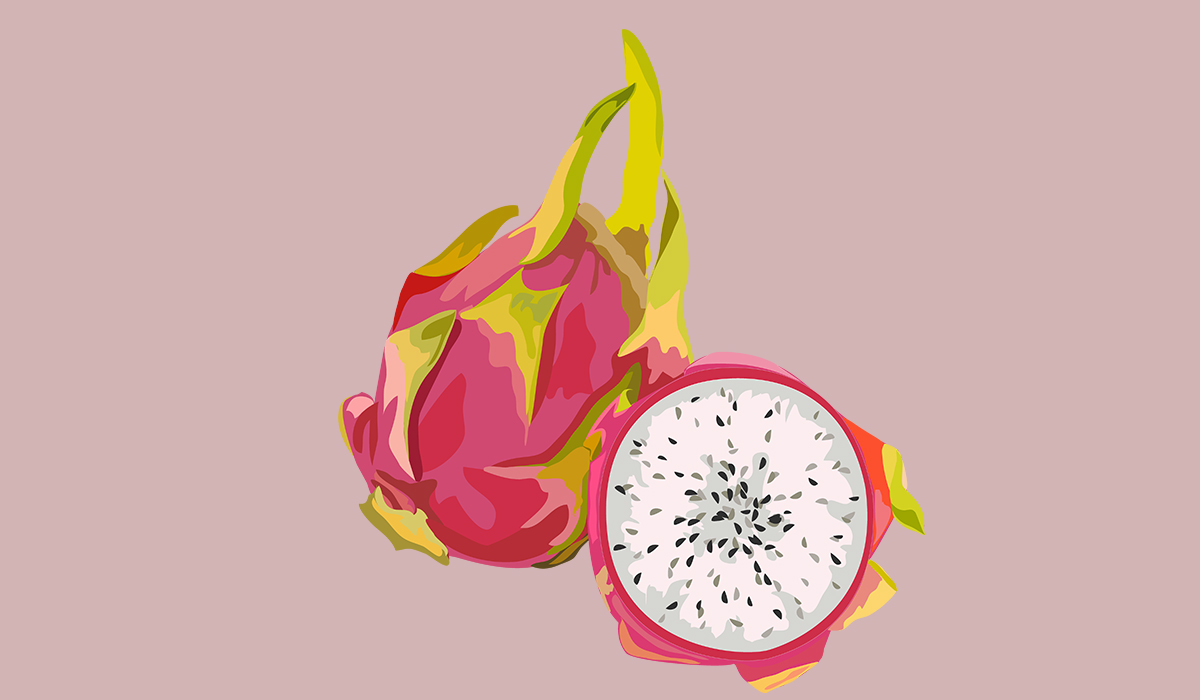
Dragon fruit is an exotic fruit that combines the taste of kiwi, pear, and citrus. It's known for its red… read more »

Bananas are a nutritious and healthy food. Eating bananas can bring many benefits. However, the fruit is high in calories.… read more »

Xylitol can be a sugar substitute. The substance has many health benefits, but can cause side effects. Learn about the… read more »
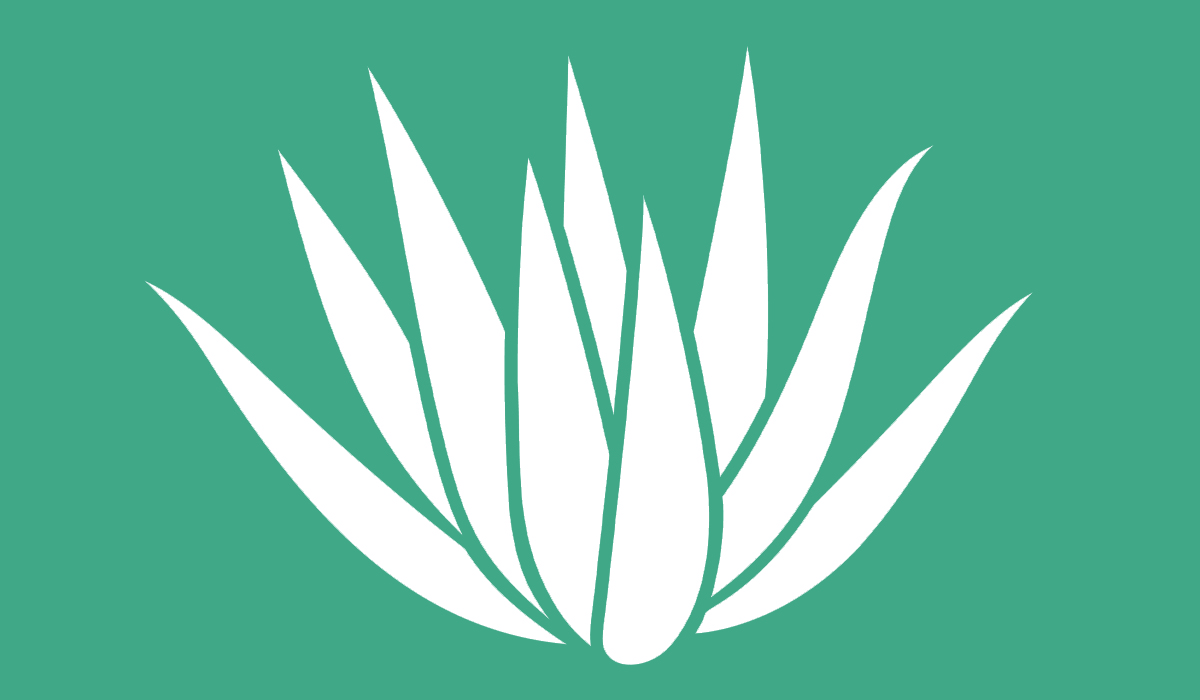
Agave has numerous health benefits. The popular agave syrup is considered a good substitute for sugar. But is it? Find… read more »
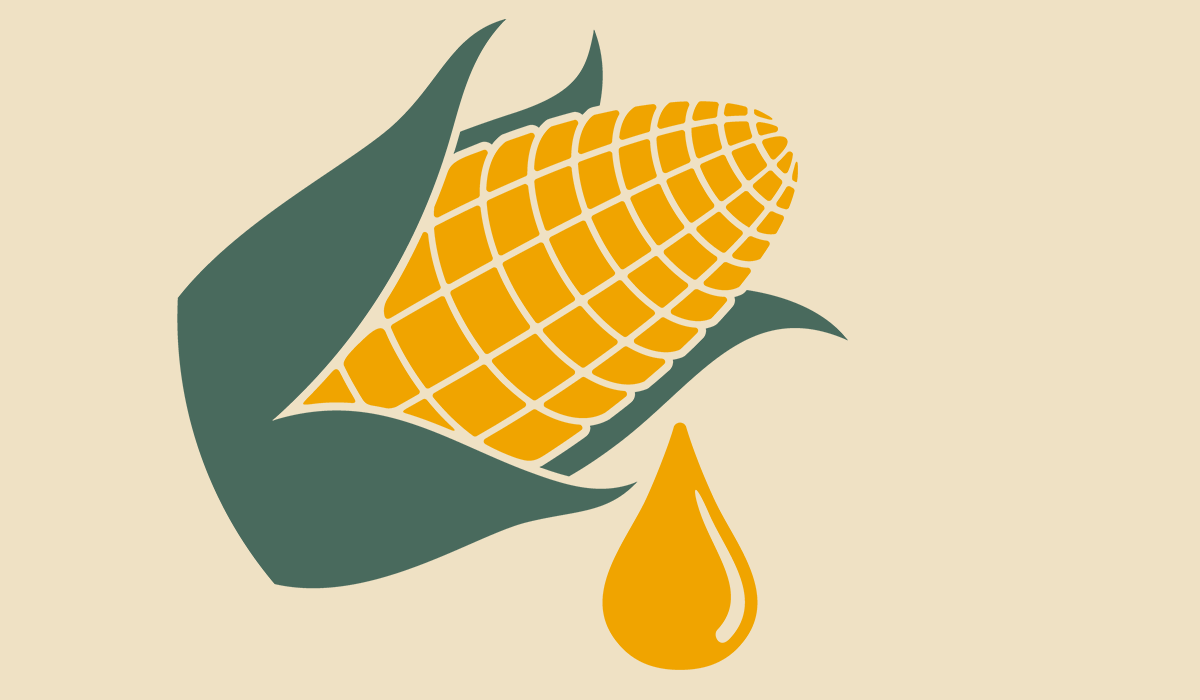
Corn syrup is a popular sweetener that is added to many foods. However, there are some problems associated with this… read more »
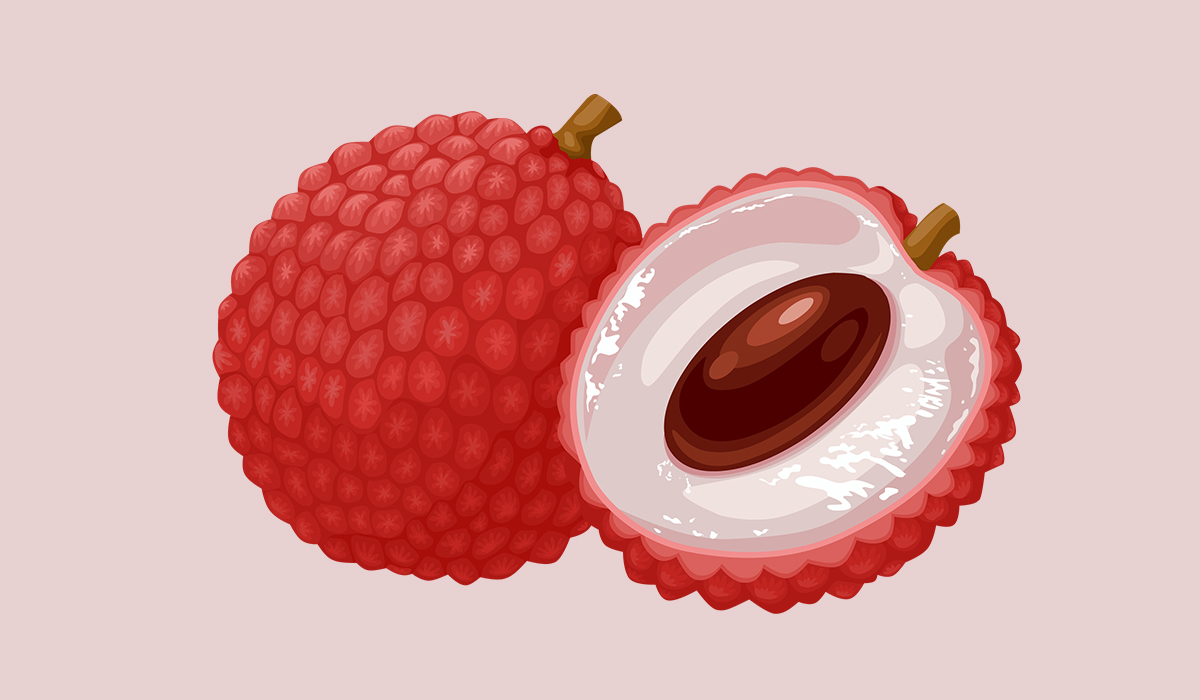
Lychee is a fruit known for its exceptional flavor. Discover the health benefits of incorporating lychee into your diet, and… read more »
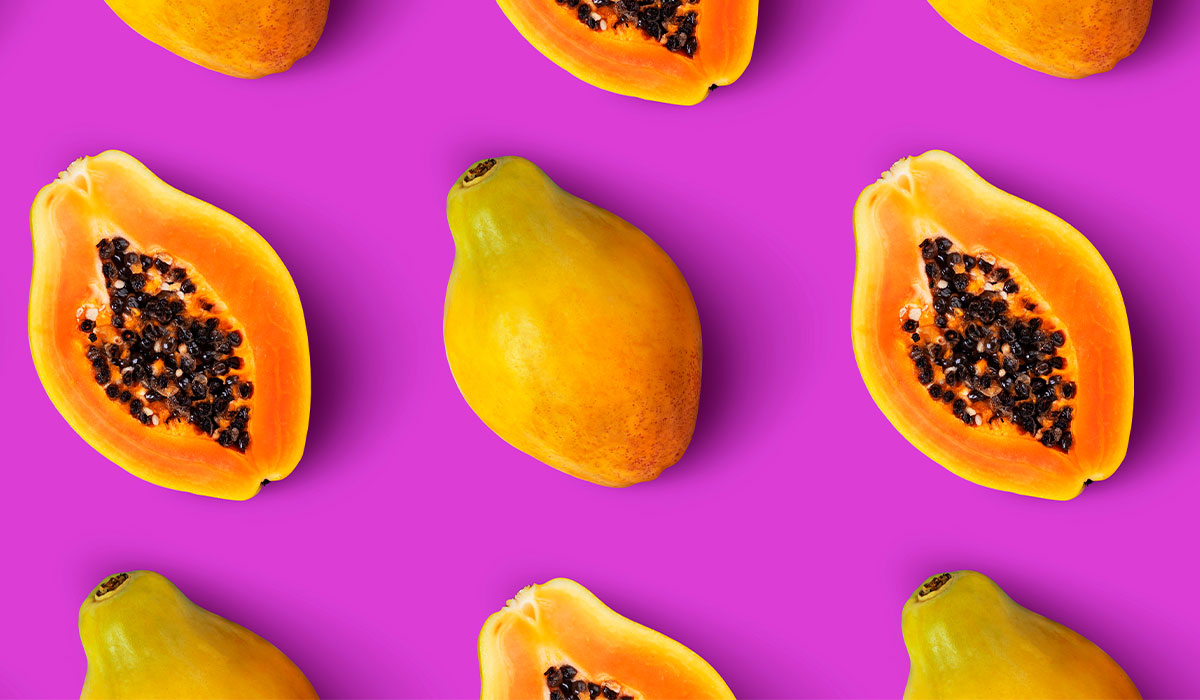
Papaya, a fruit cherished for its flavor and health benefits, offers a variety of culinary options for incorporating it into… read more »
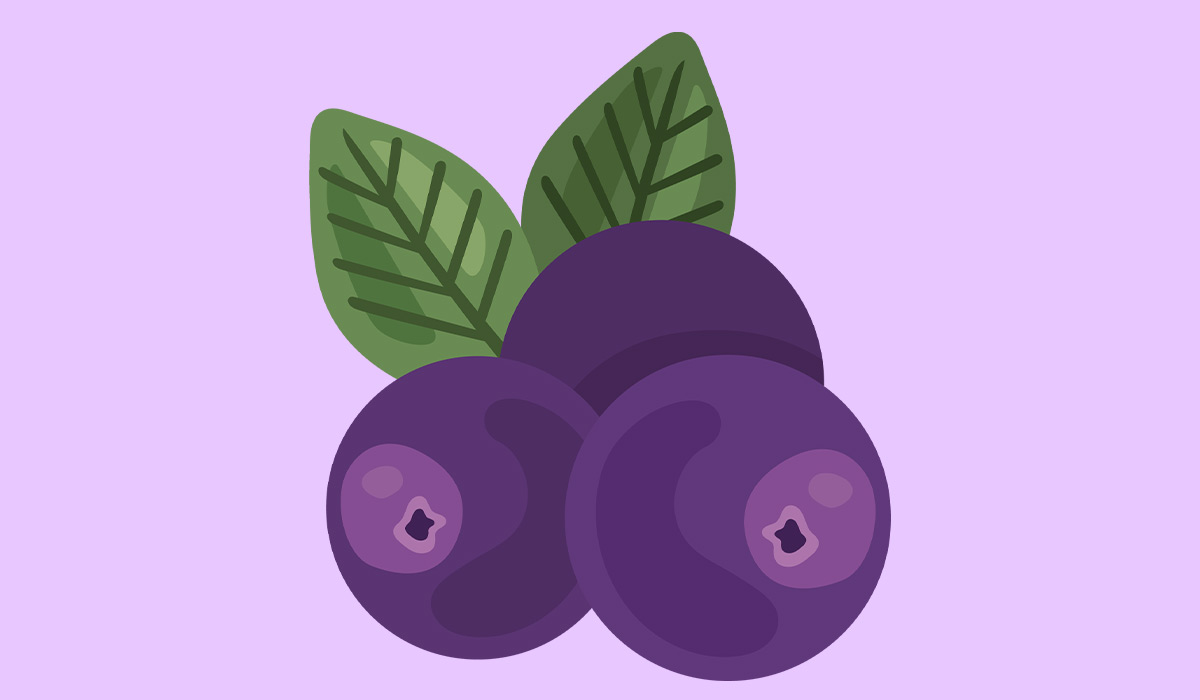
Acai is an extraordinary fruit with many valuable properties. They are primarily used in the food industry. Find out how… read more »
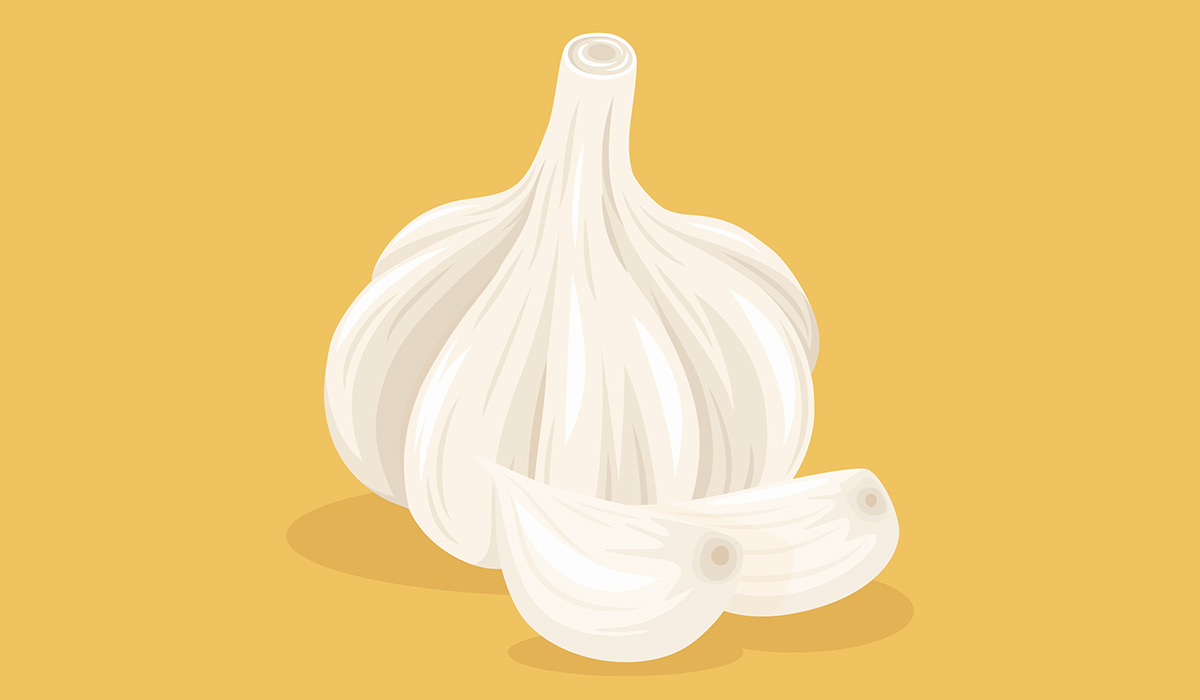
Garlic is a vegetable with many health benefits. But it also has side effects and contraindications. Expand your knowledge of… read more »